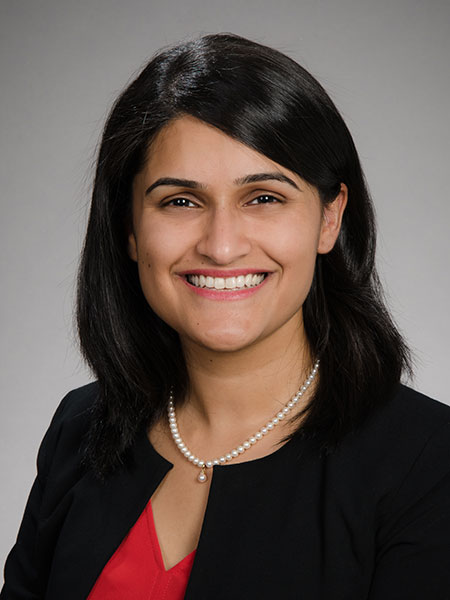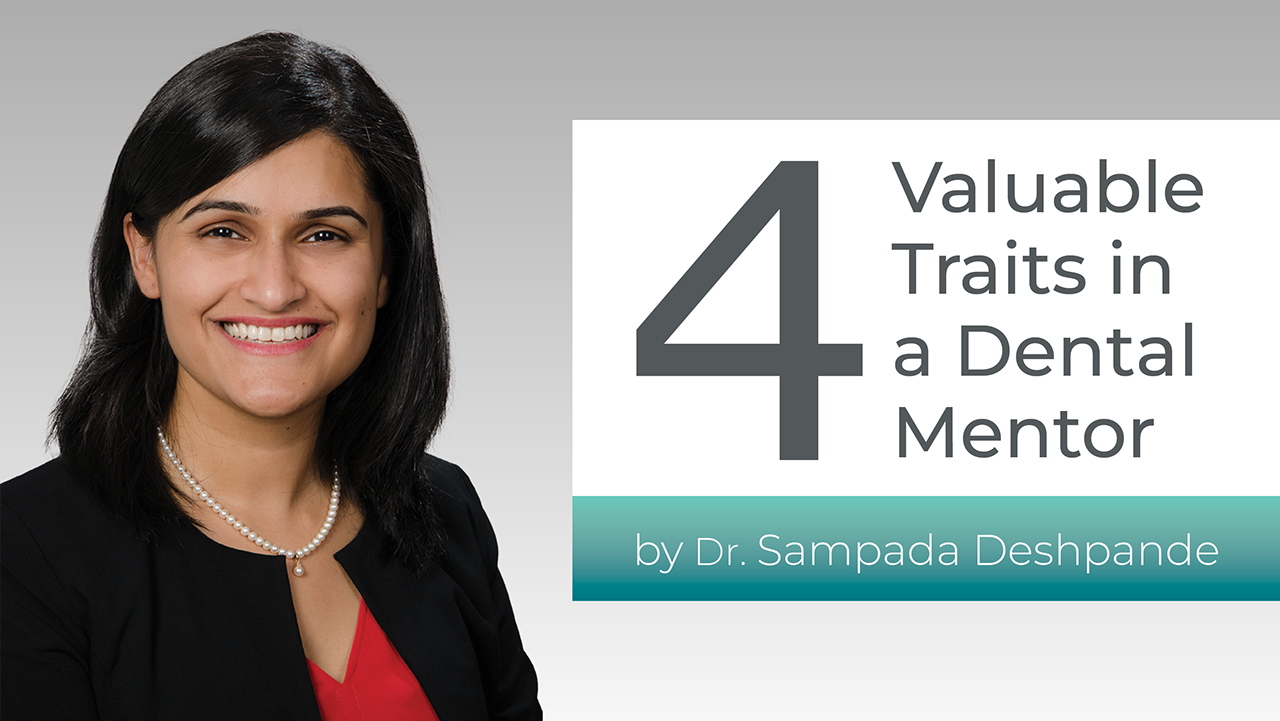A rewarding relationship between a dental mentor and a mentee has so many different components. While I don’t think that I’m the perfect mentor, I have had several mentors who are pretty close to perfect. After reflecting on my experiences with them, I have determined that there are four characteristics of a healthy mentorship.
1. Time
Dental mentors should be available to you when you call or text them. Not everyone can respond right away, but most mentors will. A few months ago, as I was considering moving to San Francisco and taking up an important opportunity in health tech, I immediately called my mentor and asked her what she thought. Although I had made up my mind, her excitement about my progress spurred me on further!
2. Two-Way Street
There’s clear benefits for the mentee in the relationship, as everything from clinical skills and business management to overall life guidance can be gained. It’s harder to recognize what we as mentees can do for our mentors — but it turns out that there’s a lot we can do. We can share our mentors’ written work with our peers and recommend this work to others, promote conferences where they are keynote speakers, help them widen their network by introducing them to people they might find interesting to talk to, and more. For example, one of my teachers at the University of Washington happened to mention that she was looking for a mindfulness instructor to talk to dental students. I immediately recommended one of my mentors and volunteered to connect the two. It turned out to be a great opportunity for my mentor, who was looking to expand her credibility in the education sector.
3. Personal Growth
True dental mentors don’t just help you with clinical skills or dental practice management. They give you strategies on improving work-life balance as well as incorporating self-care and reflection into your daily life. True mentors help you become a better person. Being a good mentee also means taking their advice! Read the books and take the courses they recommend, then follow up and tell them what your experience was like.
4. Listen
Mentors want to listen to our struggles, but they also want to hear about our victories. Many of us forget to inform them about our accomplishments or awards. Yet many mentors want nothing more than an email letting them know that you have achieved something important. Saying thank you to them fills them up with joy!
I’d like to end by saying that it is important to have several mentors, not just one or two. Different people have different gifts, and we can learn from them all! Have one mentor who can guide you in your finances, as well as a mentor for clinical dentistry, another for practice management, still another for spirituality and reflection, and so on. It may also take several years to find good mentors who genuinely care about you and are invested in your growth. Don’t be disheartened if you haven’t found someone who matches all of those listed qualities — good things take time. Just make sure to continue reaching out to people who you feel may be good mentors to you!






